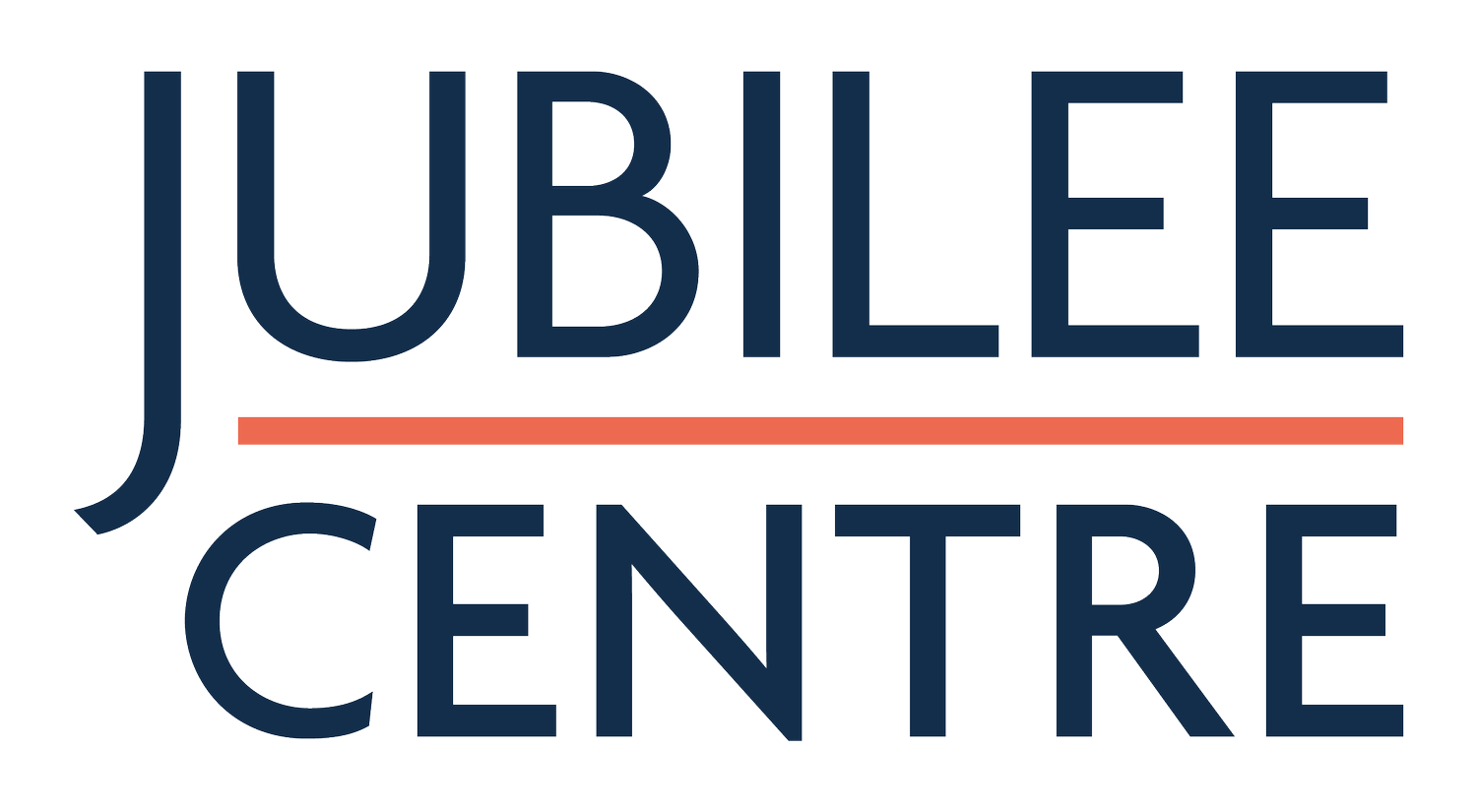Why Christians should invest in impact
By Andy Moore | 5 min read
Christians with wealth have historically faced a dichotomy in what to do with their money. On the one hand, responsible stewardship requires they invest wisely. On the other, supporting Kingdom-minded initiatives has necessitated giving large sums of money away – at times to ministries which are (frankly) ineffective at achieving their stated aims.
It’s true that generosity will always be a vital part of Christian discipleship but it’s wrong to presuppose that targeting financial returns from investing cannot go along with God’s redemptive activity. In fact, the new “impact” economy has created an opportunity for Christian investors to back a generation of entrepreneurs driven to solve the world’s social and environmental problems through business.
Here are three reasons why Christian investors should get on board:
1 - Philanthropy alone can’t do it
Lots of companies give away a portion of profit every year to address the negative externalities of their operations. This sounds promising but there are two problems with the model.
First, that any good it achieves is antithetical to shareholder interests (giving away profit always is) – so it reinforces a principle that the good is antithetical to business – a dismal outlook not supported by a developed Christian worldview.
Secondly, and more fundamentally, the problems created by business are proportional to the volumes of products or services they sell - not the amount of profit they make. In other words, problems vary with revenue, or the “top line”. So a focus on the “bottom line” is a focus in the wrong place. Supposing Company X generates £15 profit on goods sold for £100 and gives away 1%. 15p won’t buy a Freddo chocolate, let alone fix a problem worth £100. Under the philanthropy model, as business grows, the gap between the problems it creates (its externalities) and the ability to address them constantly widens.
As Christians we are called to be concerned with the means as well as the ends of enterprise and we understand better than anyone the concept of root and branch reform. So our investment decisions should support business models which contain inherent solutions to social or environmental problems – not those for whom it is an afterthought.
2 - Moral leadership is required
The “impact” economy is often compared with so-called Environmental, Social and Governance (ESG) initiatives taken by large corporates. These metrics have been popular among investors for a while —allowing the economic system to tick along undisturbed and for passive returns to be generated on capital which is “doing no harm.” But there is a huge moral gulf between “doing no harm” and doing good – especially in view of our world’s needs. When Christ called his followers to love their neighbours, he did not have in mind for them merely to avoid doing each other harm but for us to seek ways to actively bless and pursue one another’s good. Christians should invest in companies whose products actively produce good outcomes, not merely avoid bad ones.
3 - Systemic change requires risk-takers
The Kingdom of God is growing like a tiny mustard seed with great power in a world where moth and rust destroy. The mustard seed doesn’t look like a sound investment decision according to wisdom of the age. However, the systems and structures which perpetrate damage and injustice in our societies and economies will be overthrown. As Christians we have early knowledge of where the universe is going. Impact businesses are often early-stage ventures which look like risky investments. Happily, many consumer trends are in their favour – with people increasingly refusing to purchase products lacking a positive mission – but as Christians, we see through and beyond this to the bigger and deeper story that God is weaving in our world. We’re invited to join in.
Andy Moore is Managing Director of Chorus Network. Chorus Network recognises that many Christians desire to steward wealth wisely and support Kingdom-minded initiatives. In order to do that, they need access to a pipeline of credible investment opportunities. Most deals force a choice between the stewardship they need and the impact they want. So, Chorus has a team of seasoned Christian Investment Bankers, Family Office Managers and Private-Equity Advisors using their skills to identify investment opportunities with the potential to deliver both financial returns and meaningful impact.
Chorus Network is an affiliate of Impact Central – one of the UK’s leading business accelerators for impact entrepreneurs. The two businesses pictured above - Fanfare Label & NewGround Coffee came through Impact Central. As with all investing, capital is at risk and opportunities are open to eligible investors only. Contact Andy Moore for further information.



